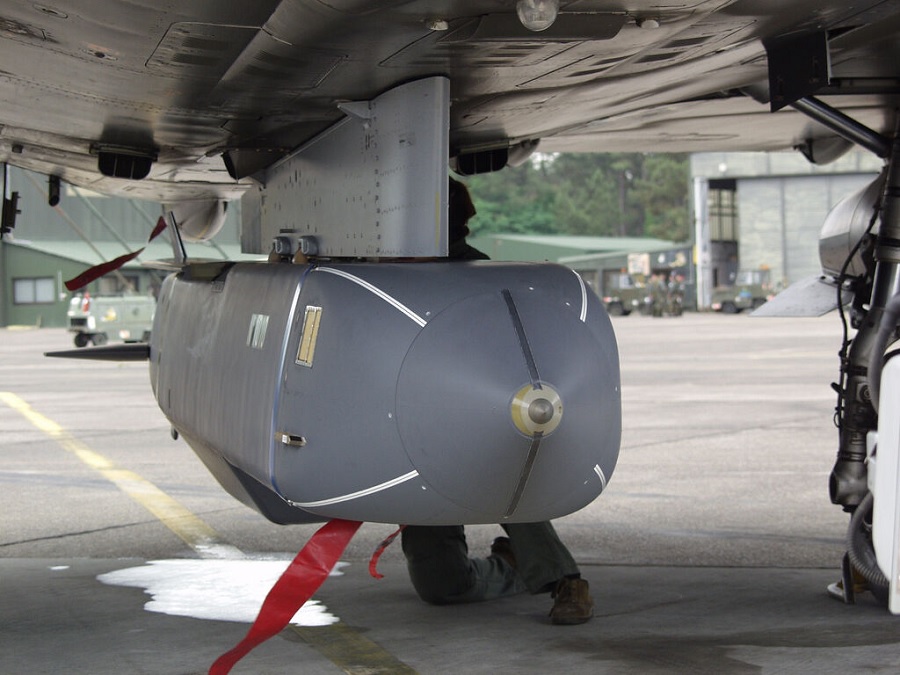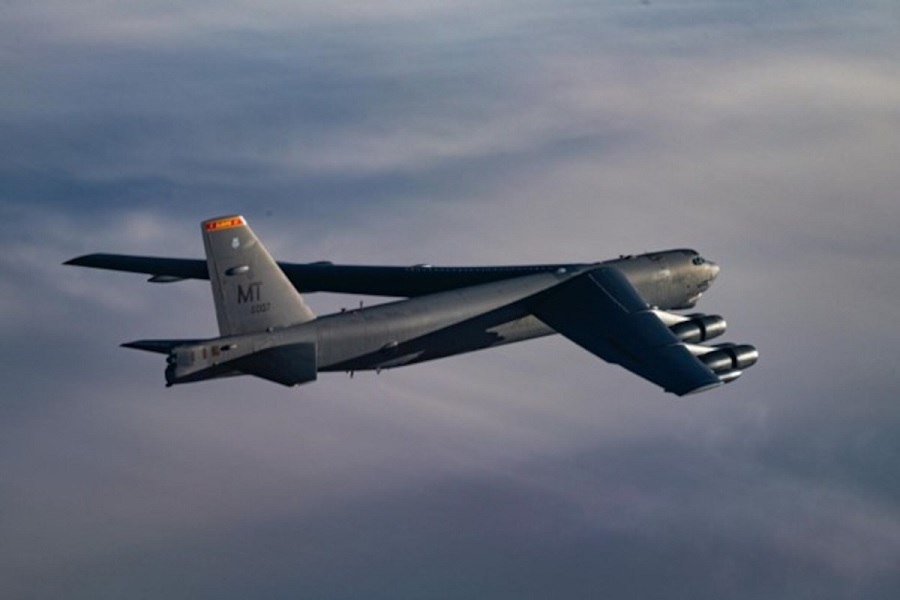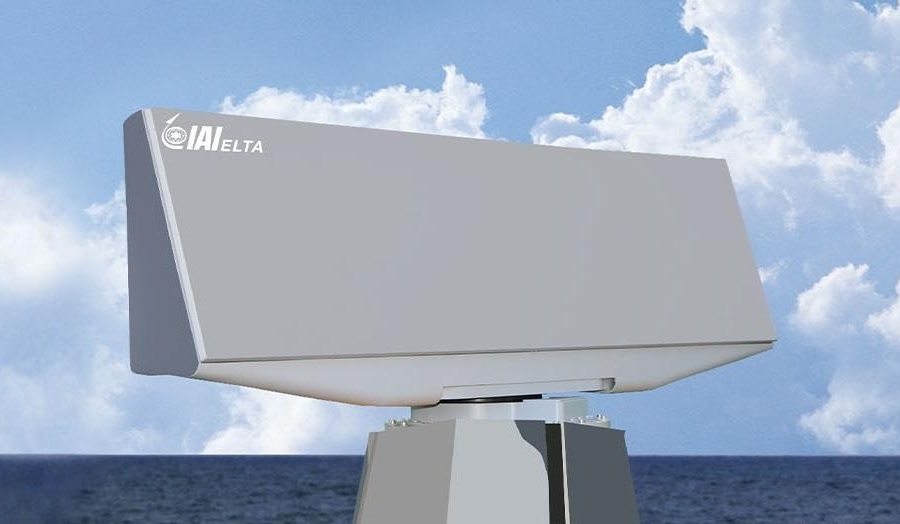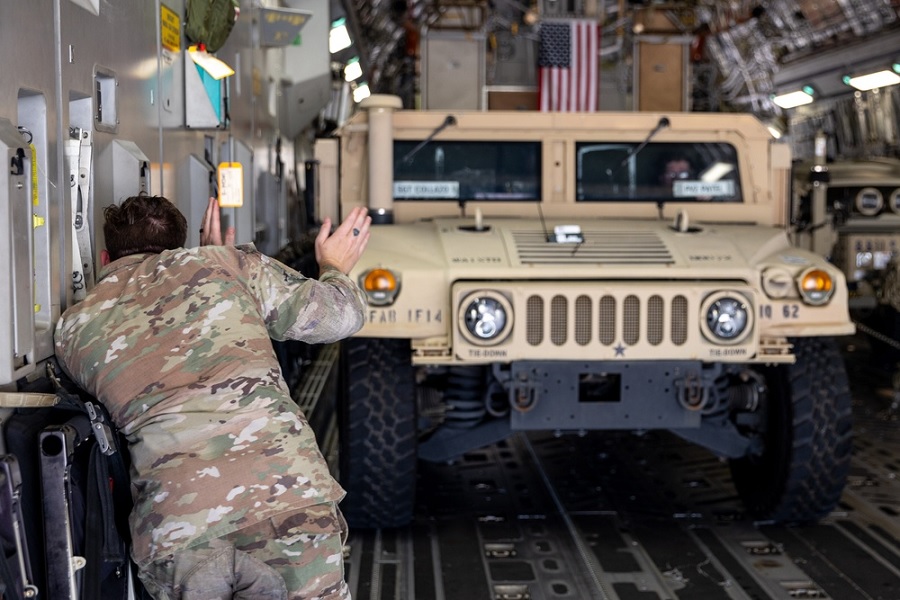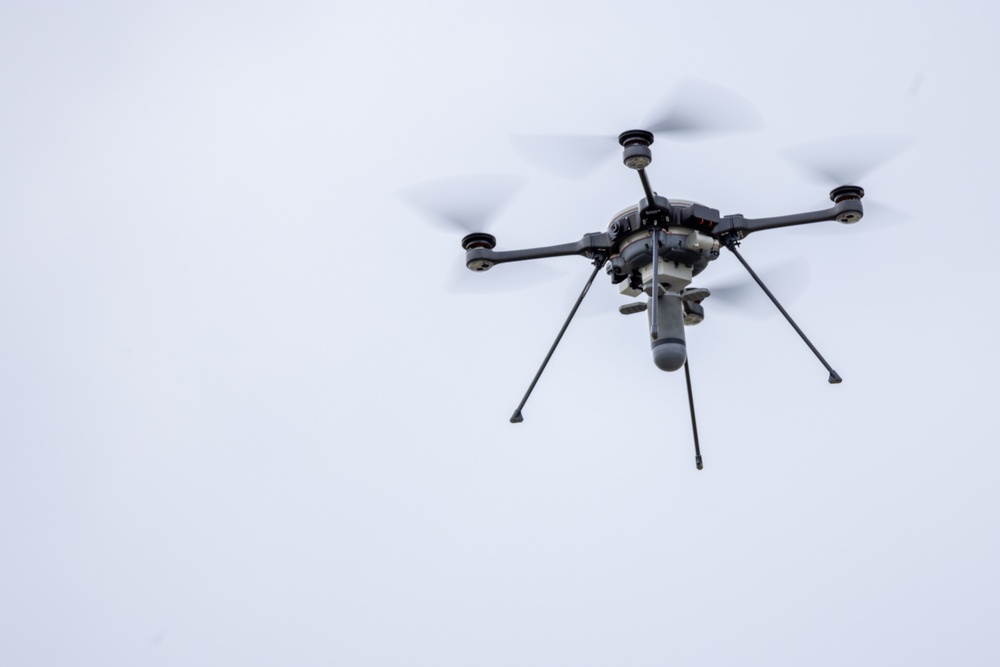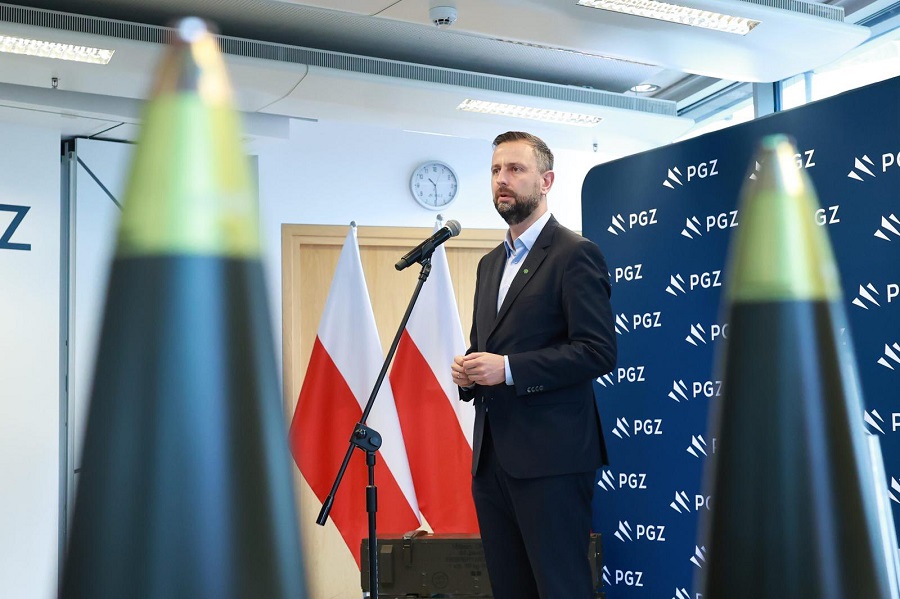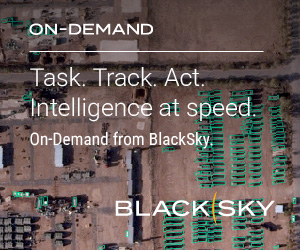OPEX, a key initiative under the German Navy’s “Marine 2035 and Beyond” plan, aims to foster innovation and test cutting-edge technologies in realistic operational environments. During the trials, NATO’s Centre of Excellence for Operations facilitated the integration of BlueWhale into the Navy’s situational awareness systems, highlighting its potential role in addressing evolving maritime threats.
The BlueWhale, unveiled by IAI last year, is a large uncrewed underwater vehicle measuring 10.9 metres in length and weighing 5.5 tonnes. It is designed for covert intelligence gathering, submarine detection, acoustic intelligence collection, and mine detection on the seabed. Its advanced sonar systems allow it to operate autonomously for several weeks, providing capabilities comparable to manned submarines but at lower cost and without risk to personnel.
Boaz Levy, IAI’s President and CEO, highlighted the transformative potential of the system: “We are facing a new era in which submarines will change the situational picture and operational capabilities like the changes brought about by unmanned aircraft in the past. An autonomous submarine can perform a significant portion of the tasks of a manned submarine, without the need for operators on board, for up to several weeks.”
The trials in Germany underscore the BlueWhale’s role as part of IAI’s comprehensive maritime solutions portfolio. This includes systems for protecting Economic Exclusion Zones, advanced defence and offence technologies for marine vessels, and management tools for autonomous maritime operations. Levy also emphasised the broader security relationship between Israel and Germany, reflected in joint projects like the Arrow missile defence system.




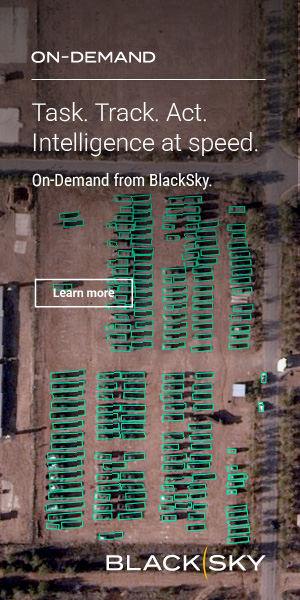




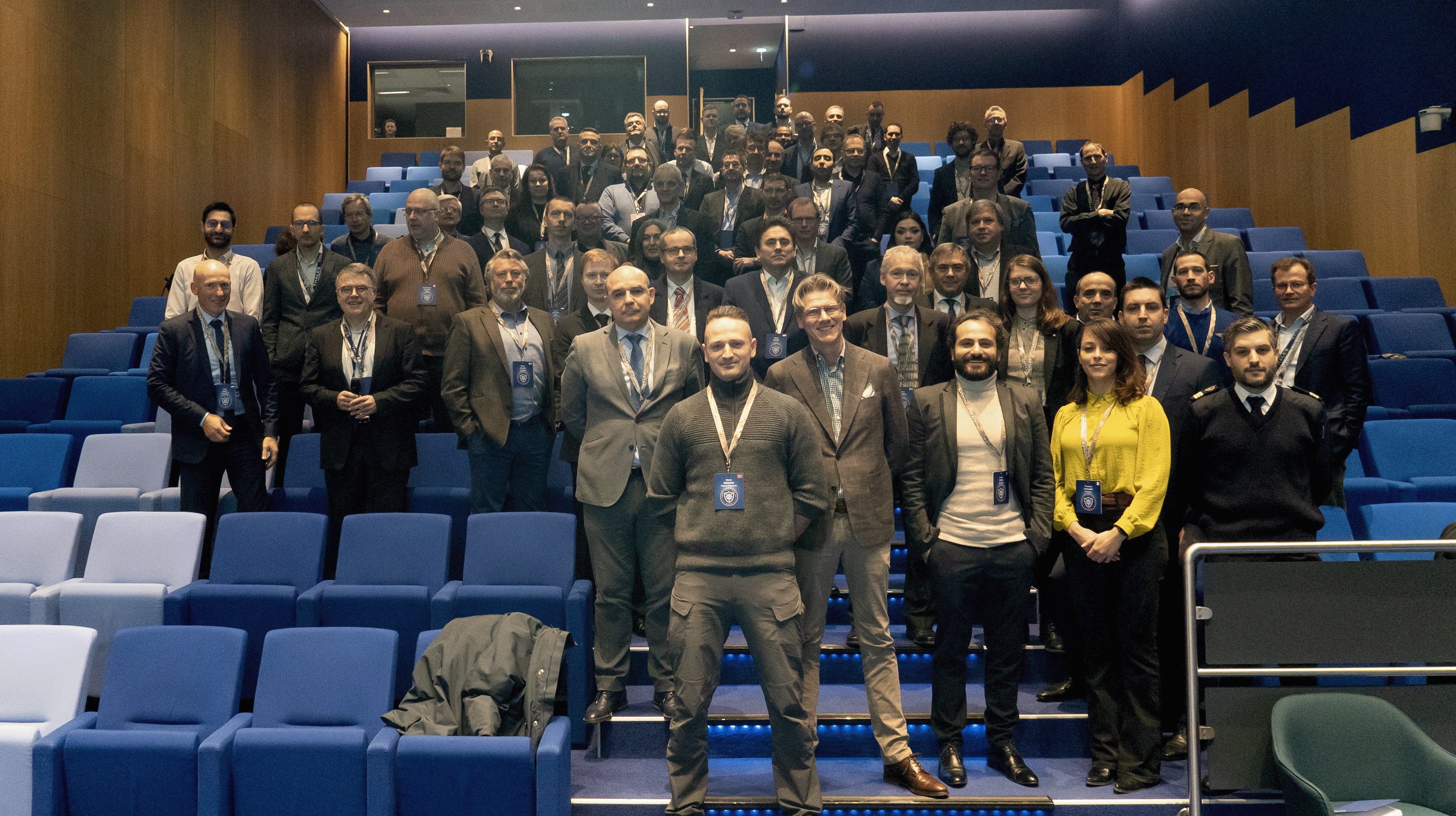


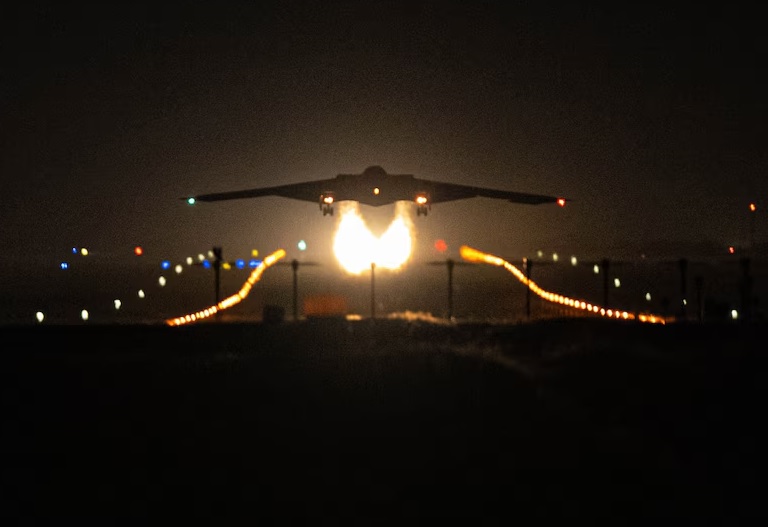

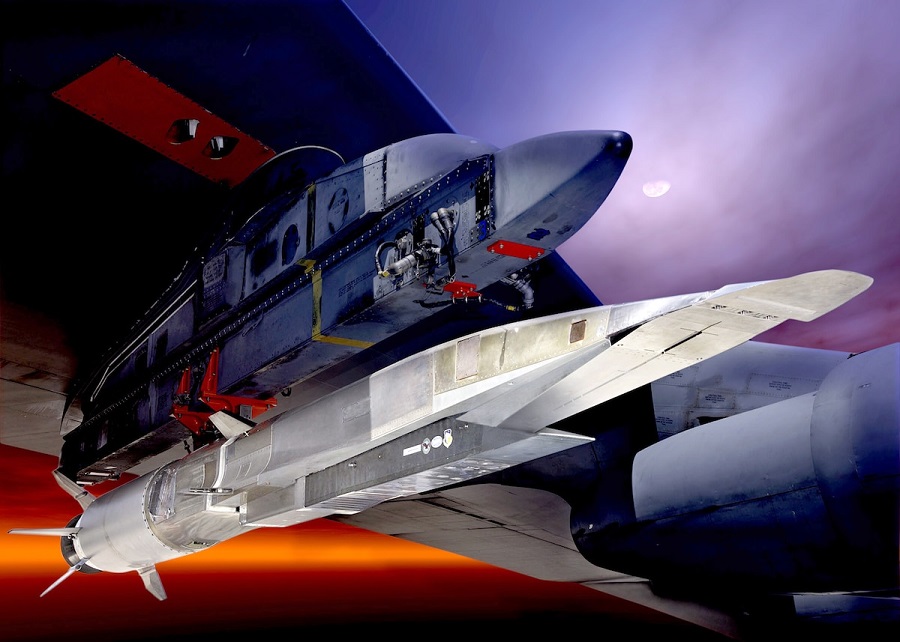
![Northrop Grumman conducts successful test of Mars ascent rocket motor [VIDEO]](https://defence-industry.eu/wp-content/uploads/2025/07/Northrop-Grumman-conducts-successful-test-of-Mars-ascent-rocket-motor-VIDEO.jpg)
